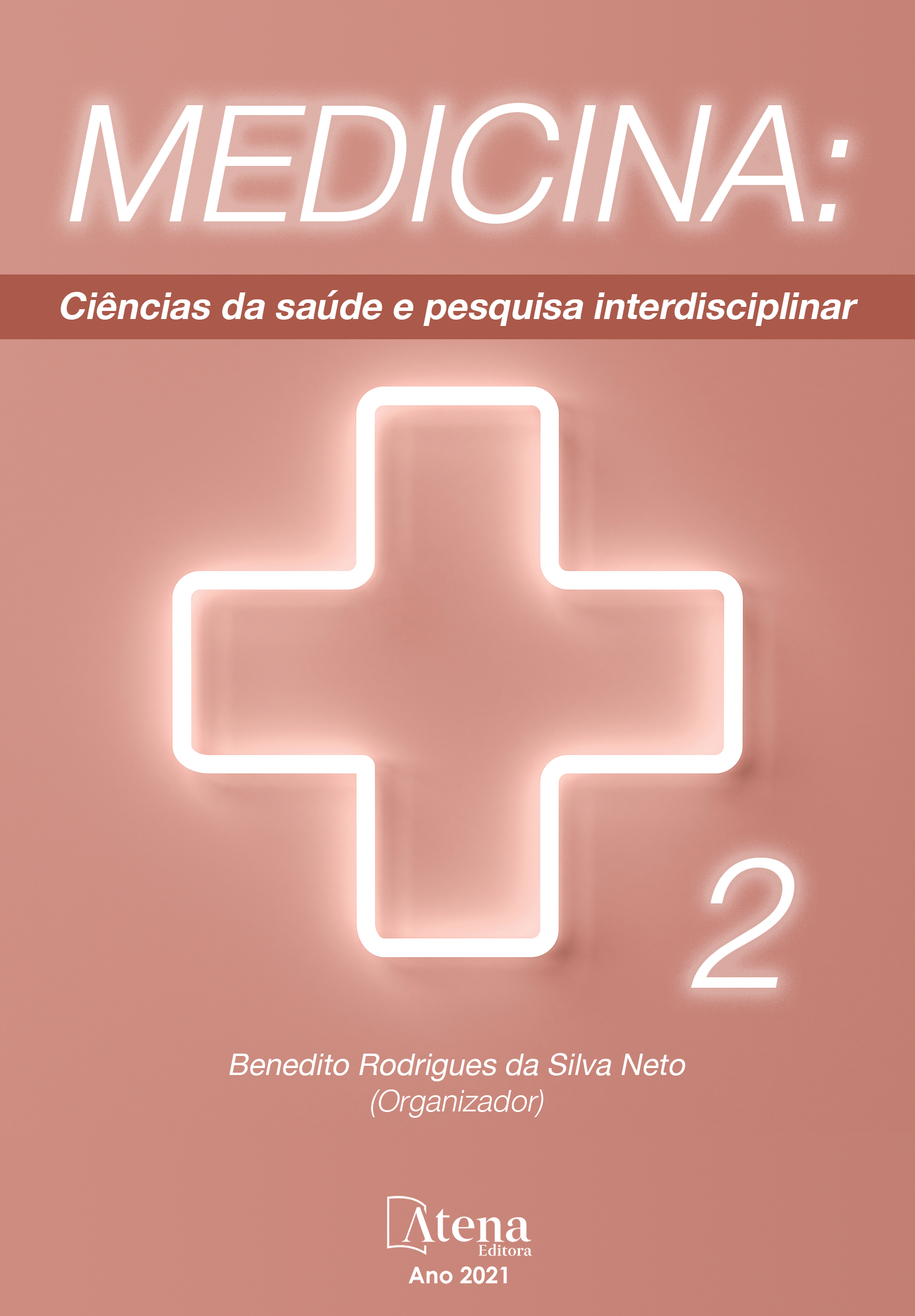
A INSERÇÃO DA DISCIPLINA DE SIMULAÇÃO REALÍSTICA COMO FERRAMENTA EDUCACIONAL NOS CURSOS DE MEDICINA E ESTRATÉGIA DE APRENDIZADO SIGNIFICATIVO PARA O PROCESSO DE FORMAÇÃO ACADÊMICA MÉDICA DE ESTUDANTES DO INTERIOR DO ESTADO DE SÃO PAULO
O ensino médico vem sendo reformulado, com inclusões de novas perspectivas de ensino-aprendizagem tornam esse cenário mais dinâmico. Nasce então a Aprendizagem Baseada em Problemas (ABP), inserindo a simulação realística como disciplina. O ambiente da simulação permite um ambiente participativo e de alta interatividade entre os condutores da cena primordialmente docentes e discentes que executam as ações da cena, permitindo, assim, cenários clínicos que retratam experiências reais do cotidiano. Essas situações problemas visam trabalhar as relações interprofissionais, interdisciplinares e interpessoais, permitindo assim, uma maior eficácia no trabalho em grupo visando melhorar o atendimento aos pacientes em todos os serviços de saúde. É uma ferramenta que favorece uma melhor fixação dos conteúdos técnicos e teóricos ali abordados. O presente estudo tem por objetivo determinar a eficácia e o aprendizado significativo da inserção da disciplina de Simulação Realística no curso de Medicina de um Centro Universitário Municipal do Interior do Estado de São Paulo. Trata-se de um estudo transversal, referente às expectativas de alunos do curso de medicina do quarto, sexto, oitavo, décimo e décimo segundo períodos, devidamente matriculados em um Centro Universitário Municipal do interior do Estado de São Paulo, em relação às aulas de simulação realística. A inserção da disciplina, com cenários simulados fora de extrema importância na reestruturação dos cursos de medicina e demais da área da saúde pelo fato de criar possibilidades e permitir o aprendizado baseado em situações problemas que são vivenciadas na prática médica em ambientes que exigem do médico ou outro profissional uma capacidade de trabalho em equipe e uma forma de raciocínio organizada, além do mais, o ambiente simulado prepara os futuros profissionais de forma ativa e medular de forma com que estes se sintam mais confiantes e preparados para enfrentar todo e qualquer situação a que forem submetidos profissionalmente fora do espaço acadêmico.
A INSERÇÃO DA DISCIPLINA DE SIMULAÇÃO REALÍSTICA COMO FERRAMENTA EDUCACIONAL NOS CURSOS DE MEDICINA E ESTRATÉGIA DE APRENDIZADO SIGNIFICATIVO PARA O PROCESSO DE FORMAÇÃO ACADÊMICA MÉDICA DE ESTUDANTES DO INTERIOR DO ESTADO DE SÃO PAULO
-
DOI: 10.22533/at.ed.6792102093
-
Palavras-chave: medicina. simulação realística. educação em saúde. ferramenta de ensino. tecnologia.
-
Keywords: medicine. realistic simulation. Health education. teaching tool. Technology.
-
Abstract:
Medical education has been reformulated, with the inclusion of new teaching-learning perspectives, making this scenario more dynamic. Problem Based Learning (PBL) is then born, inserting realistic simulation as a discipline. The simulation environment allows for a participative and highly interactive environment between the scene conductors, primarily teachers and students who perform the actions of the scene, thus allowing clinical scenarios that portray real everyday experiences. These problem situations aim to work interprofessional, interdisciplinary and interpersonal relationships, thus allowing for greater effectiveness in group work, aiming to improve patient care in all health services. It is a tool that favors a better fixation of the technical and theoretical contents covered there. The present study aims to determine the effectiveness and meaningful learning of the insertion of the Realistic Simulation discipline in the Medicine course of a Municipal University Center in the interior of the State of São Paulo. This is a cross-sectional study, referring to the expectations of medical students in the fourth, sixth, eighth, tenth and twelfth periods, duly enrolled in a Municipal University Center in the interior of the State of São Paulo, in relation to classes of realistic simulation. The insertion of the discipline, with simulated scenarios, is extremely important in the restructuring of medical courses and others in the health area because it creates possibilities and allows learning based on problem situations that are experienced in medical practice in environments that require the physician or another professional has a capacity for teamwork and an organized way of reasoning, in addition, the simulated environment prepares future professionals in an active and medullary way so that they feel more confident and prepared to face any and all situations that submitted professionally outside the academic space.
-
Número de páginas: 15
- Gustavo Henrique Fernandes Avelino
- Kelly Jacqueline Barbosa
- Giovana Laís Penha


